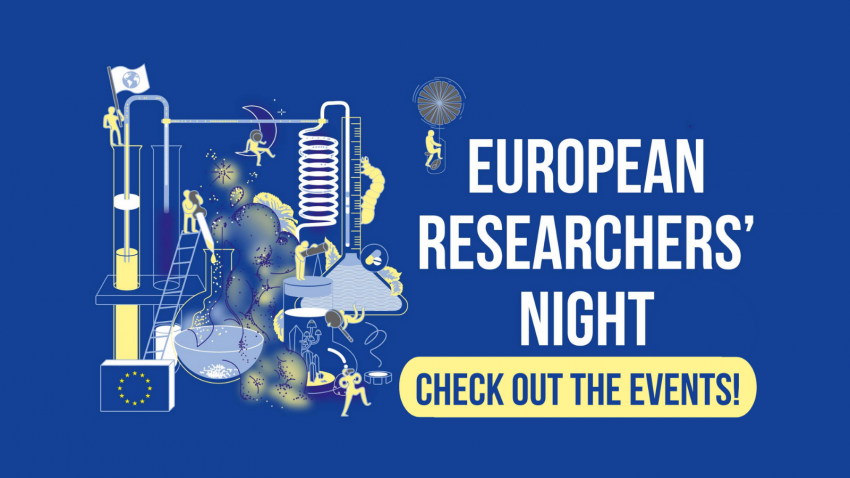
Science Week
Science Week is the great annual event for scientific outreach. Some of the institutions belonging to the XMM2ATHENA project have participated in this initiative.
The Instituto de Física de Cantabria (IFCA, UC-CSIC), is once again involved in this edition in order to bring its work closer to society through the various proposals. XMM2ATHENA-IFCA scientists will participate with a series of talks and games about the Solar System, Black Holes, the Universe and X-rays and X-ray galaxies, aimed at students of Primary, ESO, High School, or Vocational Training (8th to 21st November).
Strasbourg Astronomical Observatory (ObAS) is another institution that has participated in this event. They carried out various exhibitions, stands, workshops and crafts. More info here: https://astro.unistra.fr/fr/2021/09/29/fete-de-la-science-2021/
Science Week originated in France in 1991, when Hubert Curien, the French Minister of Research, decided to celebrate the tenth anniversary of the Ministry by opening its gardens to the public for the first time, with the aim of bringing science and its protagonists closer to the public. European Science Week has been held every year since 1993.

World Space Week
More than 8,000 events in 96 countries celebrated “The Moon: Gateway to the Stars” last year. This year the theme is “Satellites Improve Life.” In 2021, World Space Week celebrates “Women in Space.”
“The General Assembly declares 4 to 10 October World Space Week to celebrate each year at the international level the contributions of space science and technology to the betterment of the human condition”
UN General Assembly resolution, 6 December 1999

The European Researchers’ Night is a Europe-wide public event, which displays the diversity of science and its impact on citizens’ daily lives in fun, inspiring ways.
This year, the event will take place in 29 countries on Friday 24 September 2021.
The European Researchers’ Night aims to
- bring research and researchers closer to the public
- promote excellent research projects across Europe and beyond
- increase the interest of young people in science and research careers
- showcase the impact of researchers’ work on people’s daily lives
In 2020, the European Researchers’ Night attracted over 2 million visitors in Europe and beyond.
